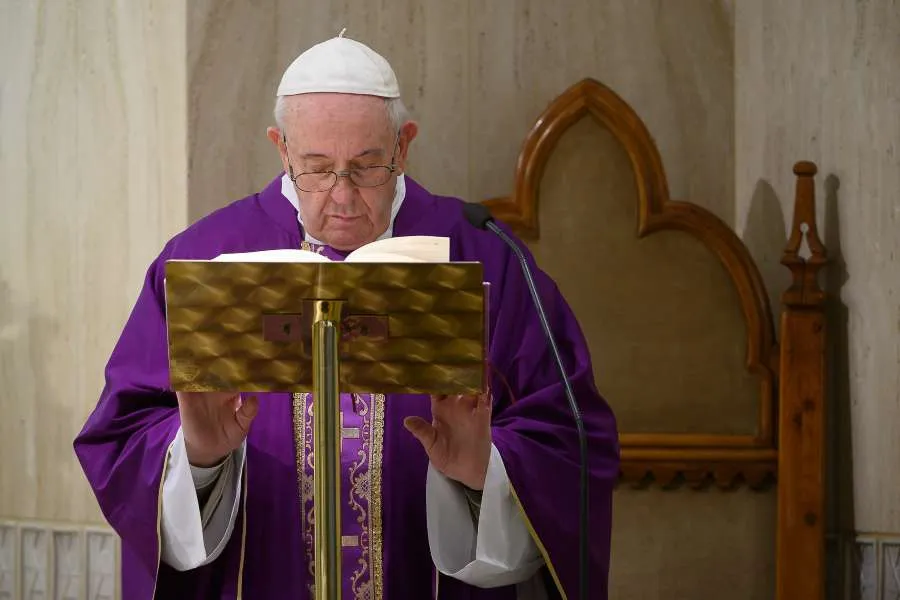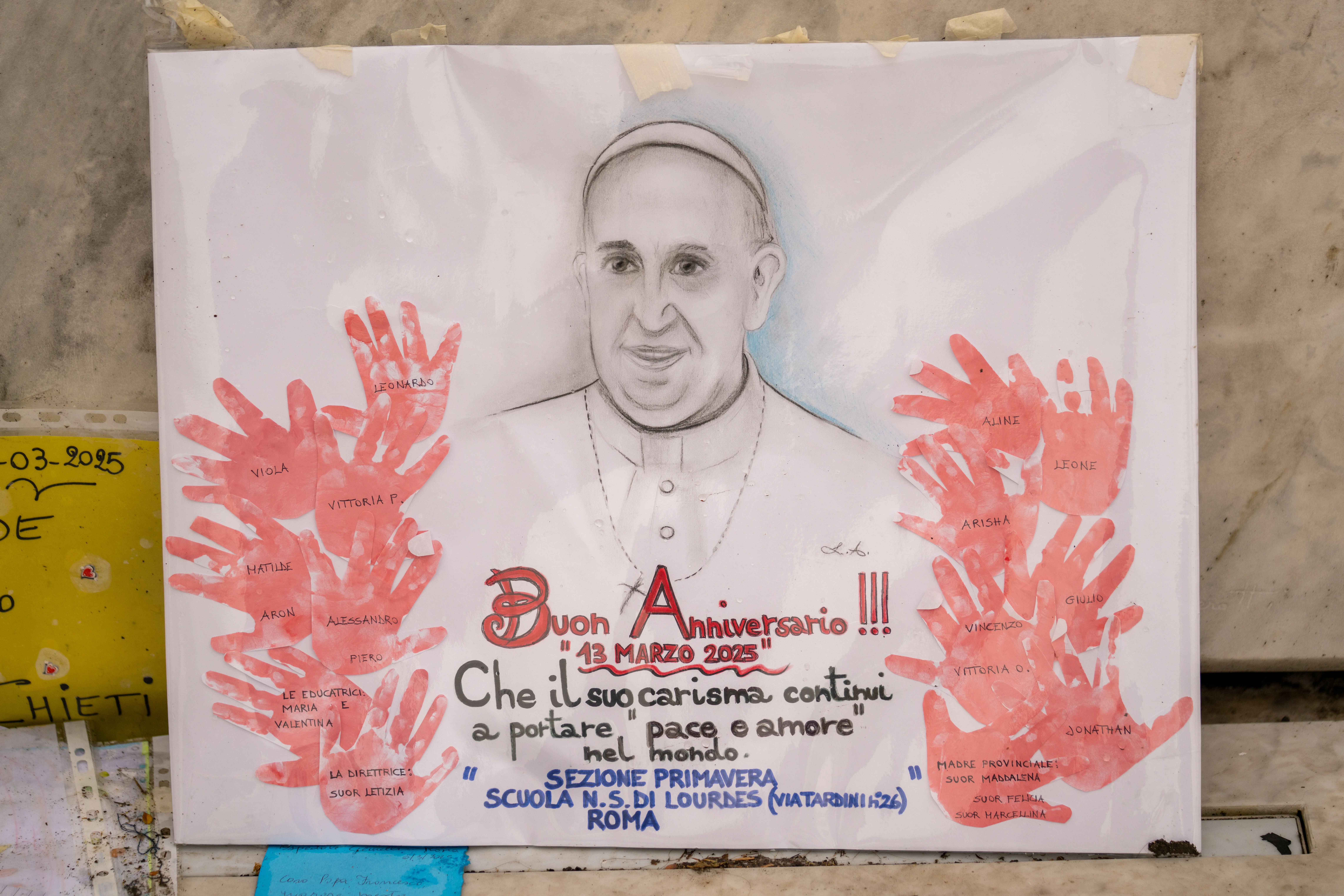The pope said that many of today’s poor are “hidden” because they are “ashamed to show that they are not making ends meet.”
“It is a part of the cityscape to have poor people. However, the vast majority of the poor are victims of economic policies, of financial policies. Some recent statistics make the summary like this: there is a lot of money in the hands of a few and so much poverty in many … and this is the poverty of so many victims of the structural injustice in the global economy,” he said.
Pope Francis then told the story of the time he visited an abandoned factory in Buenos Aires where middle-class families took refuge after being evicted for not paying rent.
“They went there because they could not pay the rent. The new poor, who must leave the house because they cannot pay, go there. It is that injustice of the economic or financial organization that brings them so. And there are many, many [people] to the point that we will meet them in the judgment,” he said.
“And this is not being a communist, this is the heart of the Gospel: we will be judged on this,” the pope added.
In the Gospel of John, he noted, Judas thought of money, but did not care for the poor because he was a thief.
“This story of the unfaithful administrator is always current,” Pope Francis said. “We think of some charitable or humanitarian organizations that have many employees.”
The pope said that there are many humanitarian organizations that use sixty percent of their funds to pay the salaries of their many employees. “It is a way of taking money from the poor,” he said.
During his daily Mass, Pope Francis also asked people to pray for overcrowded prisons.
“Where there is overcrowding - many people there - there is a danger, in this pandemic, that it will end in a serious disaster. We pray for those responsible, for those who have to make decisions in this, to find a right and creative way to solve the problem,” the pope said.








